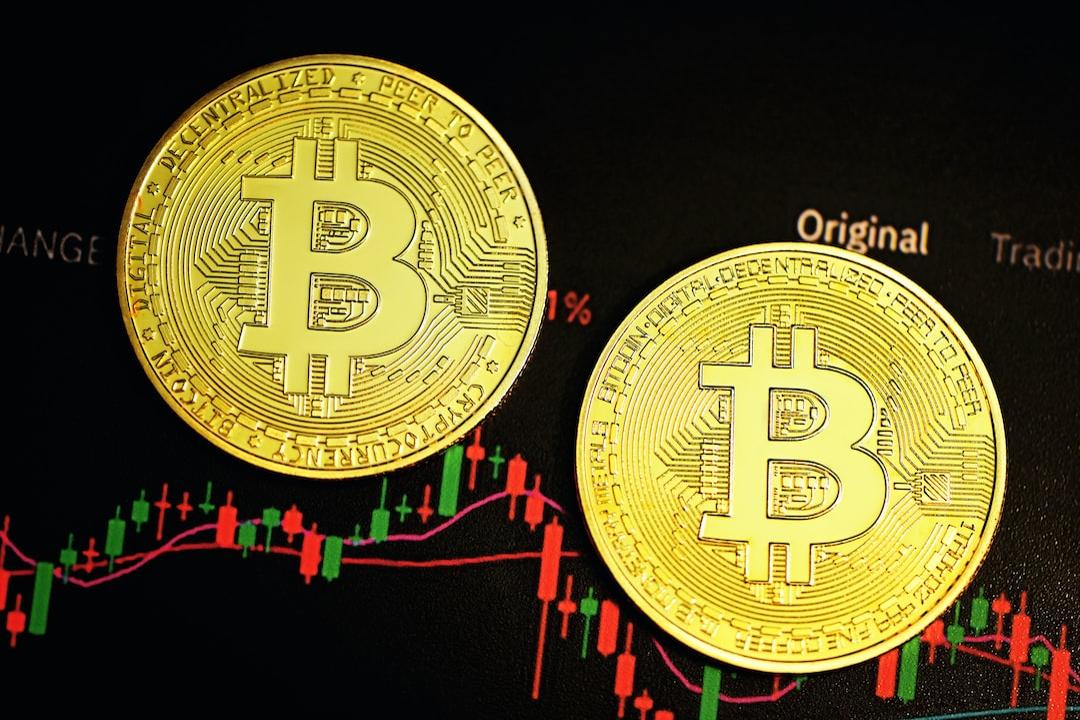Libertarian Party’s vice presidential nominee, Mike ter Maat, believes that digital asset policy might have a limited impact on the 2024 United States elections among political parties.
During the Libertarian delegates’ meeting on May 26, Chase Oliver and ter Maat were nominated as the U.S. president and vice president, presenting themselves as the ticket for the nation’s third-largest political party after the Democrats and Republicans. The party’s principles often resonate with cryptocurrency enthusiasts, as they advocate for minimal regulations, except when it comes to safeguarding specific freedoms, and promote free-market strategies for the economy.
In an interview with Cointelegraph following his nomination, ter Maat expressed his belief that inflation and foreign policy matters would likely be at the forefront of voters’ concerns in November. However, he acknowledged that cryptocurrency could still have a role in the upcoming presidential election. Candidates from the Democratic and Republican parties have been focusing more on digital assets recently as Congress debates crypto-related legislation, regulators tighten their grip on companies, and the U.S. Justice Department pursues legal action against prominent figures in the industry.
Ter Maat suggested that technology, beyond just cryptocurrency, and finance, beyond just cryptocurrency, could have a more significant impact. He mentioned, “I would love to see cryptocurrencies become a topic of national discussion, but I am not certain if that will happen.”
President Joe Biden and Vice President Kamala Harris are expected to secure the Democratic nomination at the party’s national convention in August. Former President Donald Trump is anticipated to do the same during the Republican Party Convention in July, where he plans to announce his vice president pick, despite facing sentencing following his conviction on 34 felony charges just days before the event begins.
According to ter Maat, he and Oliver have not found much common ground on digital asset policy with candidates from other parties. He noted that Robert F. Kennedy Jr., an Independent candidate, operates on different technology principles than Libertarians. Ter Maat also criticized Trump for not providing sufficient support on nuanced issues.
The Libertarian VP nominee expressed that neither party was addressing the digital asset policy adequately enough to make a significant impact on the election. He stated that he and Oliver shared a similar approach to digital assets.
In May, the U.S. House of Representatives passed a bill that would prevent the Federal Reserve from issuing a central bank digital currency (CBDC) in the country. Ter Maat has been vocal about rejecting any legislation that would give the Fed the authority to introduce a digital dollar if elected.
Ter Maat voiced concerns about central banks entering the digital asset space, fearing that it could hinder the development of other cryptocurrencies. He emphasized the importance of maintaining a level playing field for all digital currencies.
The Libertarian Party garnered approximately 3% of the popular vote in the 2016 presidential election, trailing behind Democrat Hillary Clinton and Republican Donald Trump. While polls indicate that the Oliver/ter Maat ticket is unlikely to win any state, Libertarians could still influence the outcome by drawing votes away from President Biden or Trump.
Despite facing potential imprisonment post-conviction, Trump could still run for the presidency again. Recent polls show that many U.S. voters are reconsidering their support for President Biden due to his stance on Israel amid the conflict with Gaza.
In conclusion, crypto voters are already making waves in the 2024 election, and this trend is expected to continue shaping the political landscape.

